9 Echinacea Benefits
2018-08-29

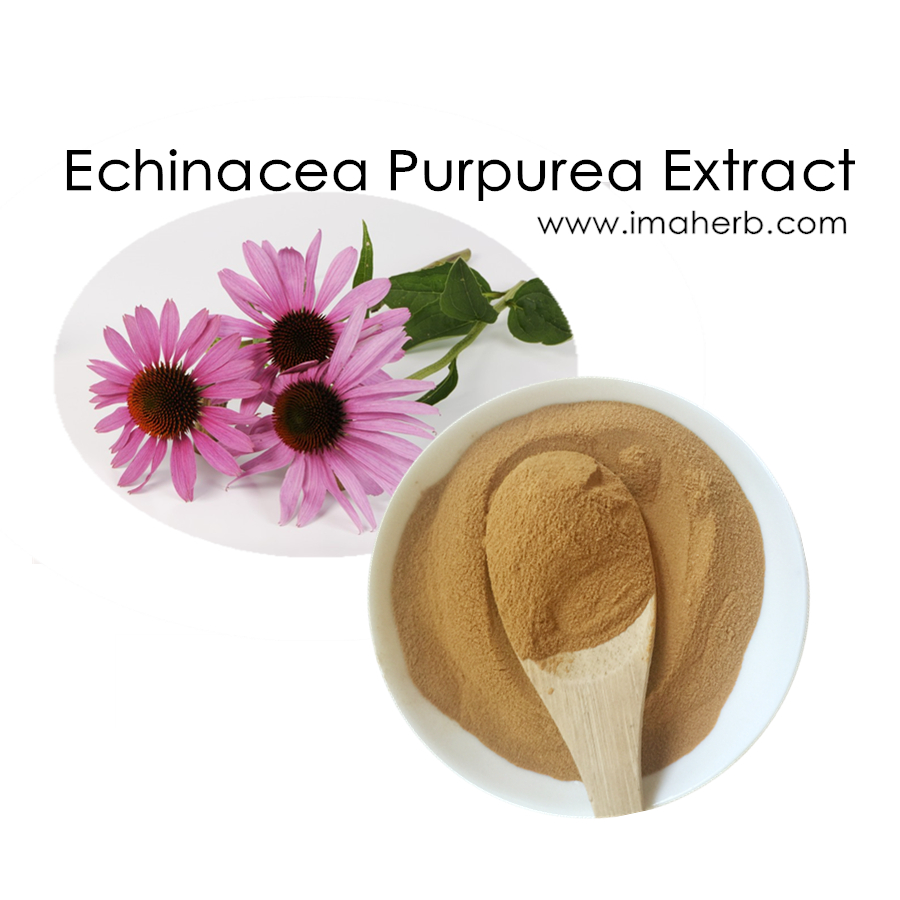
What is Echinacea?
Echinacea is available over the counter (OTC) at pharmacies, health shops, and supermarkets as teas, liquid extracts, a dried herb, and as capsules or pills.
Promoters of echinacea say that the herb encourages the immune system and reduces many of the symptoms of colds, flu and some other illnesses, infections, and conditions.
Echinacea is a perennial plant, meaning it lasts for many years. It is approximately 1-2 feet (30-60 centimeters) tall when mature. It is slightly spiky and has large purple to pink flowers, depending on the species.
The center of the flower has a seed head (cone), which is also spiky and dark brown to red in color.
Three species of Echinacea are used as herbal remedies:
- Echinacea angustifolia – narrow-leaved coneflower
- Echinacea pallida – pale purple coneflower
- Echinacea purpurea – purple coneflower, eastern purple coneflower
9 Echinacea Benefits
What are the benefits of taking echinacea? Although there seems to be an infinite number of echinacea benefits, these nine stand out.
1. Combats Cancer
2. Boosts the Immune System
3. Alleviates Pain
4. Functions as a Laxative
5. Anti-Inflammatory
6. Improves Skin Problems
7. Helps Improve Mental Health
Echinacea angustifolia is the recommended species to help with these specific ailments related to ADD/ADHD Both adults and children suffering from ADD/ADHD have a higher-than-normal chance of experiencing emotional disturbances, especially:
- Anxiety
- Depression
- Social phobias
8. Relieves Upper Respiratory Issues
Because of its immune-boosting and anti-inflammatory effects, echinacea can be used to relieve the following upper respiratory symptoms:
- Acute sinusitis
- All flu’s
- Asthma
- Common cold
- Croup
- Diphtheria
- Inflammation
- Strep throat
- Tuberculosis
- Whooping cough
9. Fights Infection
It’s also known to help with:
- Bloodstream infections
- Genital herpes
- Gum disease
- Malaria
- Syphilis
- Typhoid
- Urinary tract infections
- Vaginal yeast infections







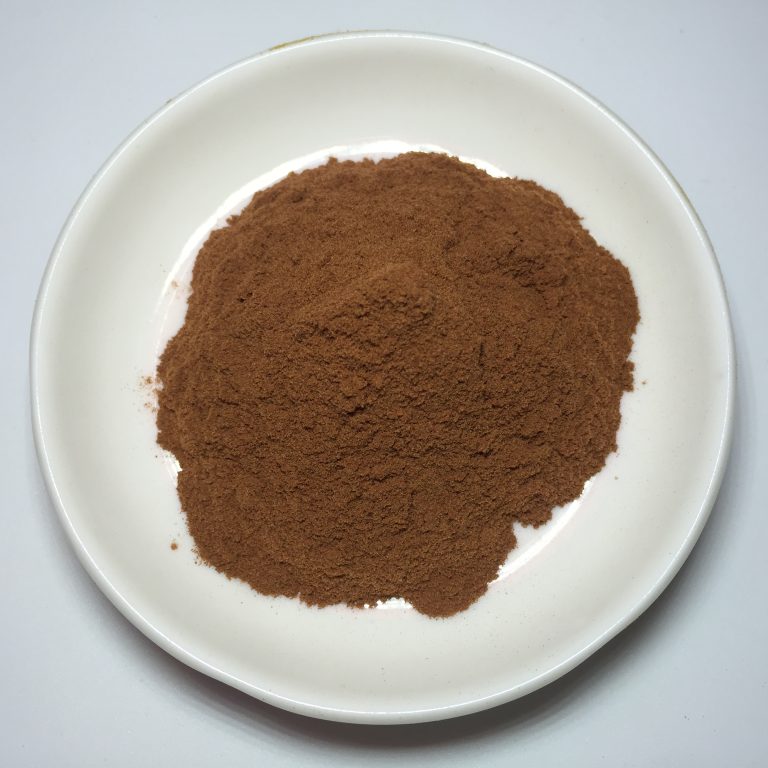 Imaherb China manufacturer supply Apple Extract Powder
Imaherb China manufacturer supply Apple Extract Powder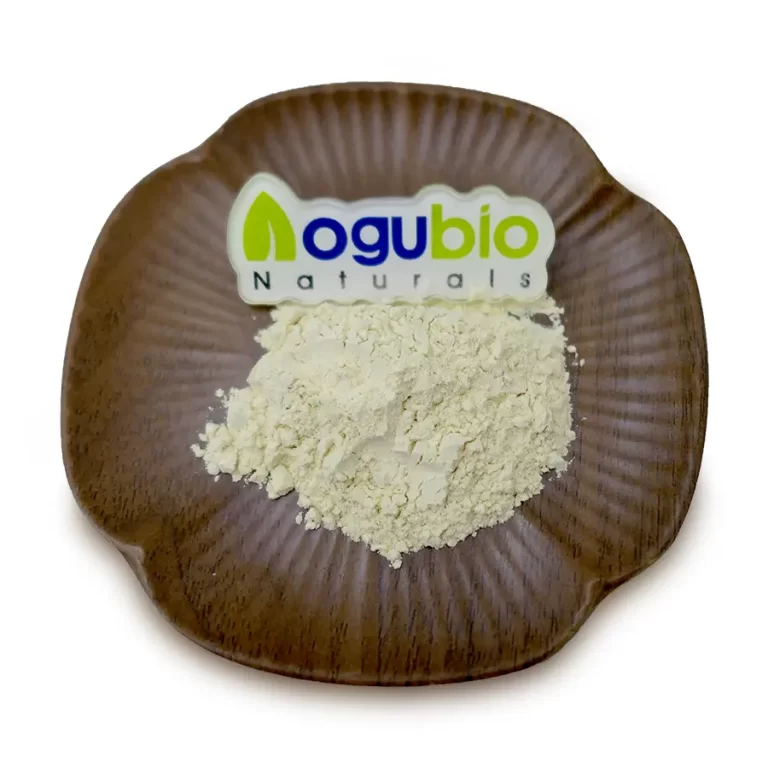 Imaherb China manufacturer supply Apigenin Powder 98%
Imaherb China manufacturer supply Apigenin Powder 98%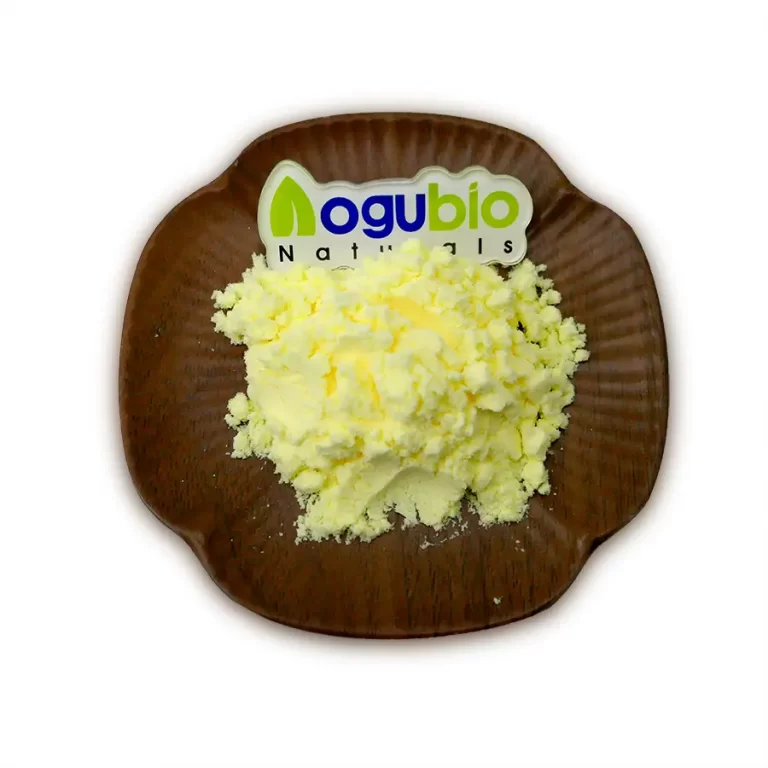 Imaherb Factory supply Alpha Lipoic Acid Powder CAS 1077-28-7
Imaherb Factory supply Alpha Lipoic Acid Powder CAS 1077-28-7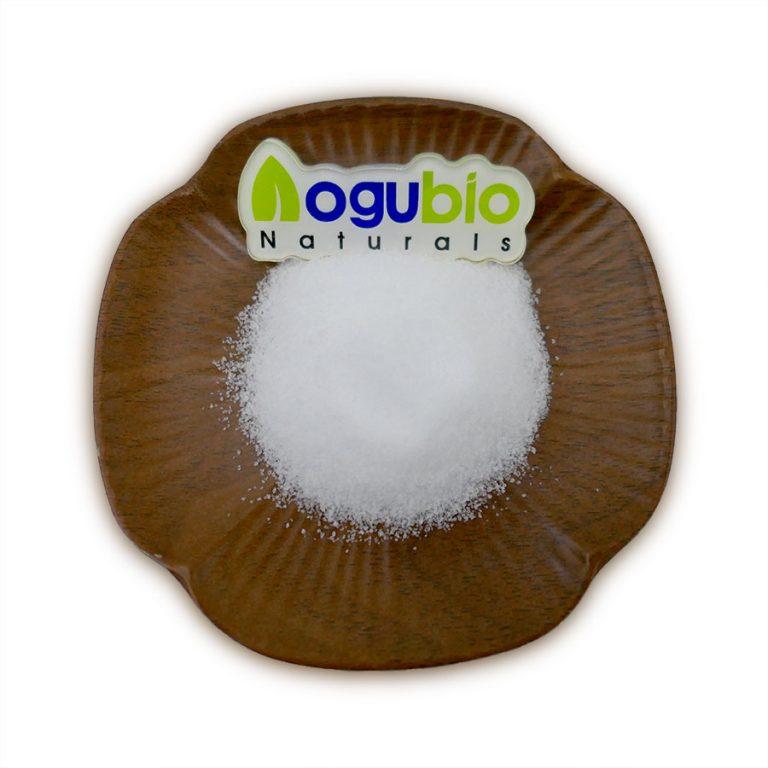 Imaherb Factory supply Alpha GPC Powder CAS 28319-77-9
Imaherb Factory supply Alpha GPC Powder CAS 28319-77-9 Imaherb Factory supply Alliin Powder 98% CAS 556-27-4
Imaherb Factory supply Alliin Powder 98% CAS 556-27-4 skype
skype Sales Manager
Sales Manager Rebekah
Rebekah Rachel
Rachel Miranda
Miranda Camilla
Camilla
 Sales Manager
Sales Manager